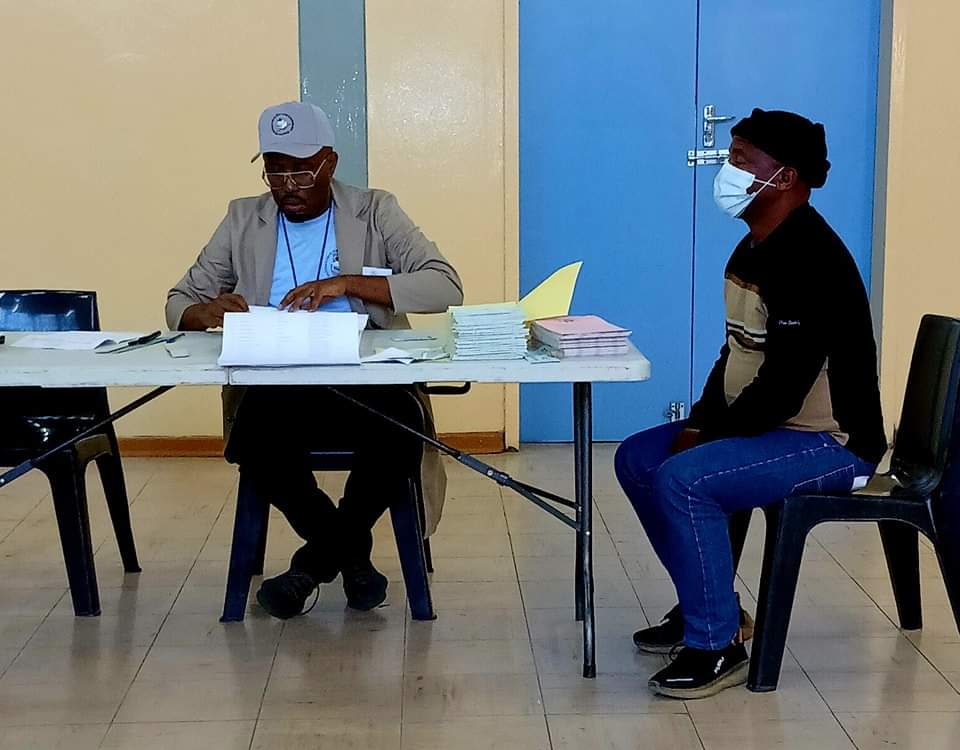Botswana’s electoral system operates on a first-past-the-post (FPTP) basis, where 61 constituencies elect members of parliament (MPs). In this system, the party that secures at least 31 seats holds a majority in the National Assembly, allowing it to form a government. However, when no party reaches this threshold, coalition governments often become necessary. This article will explore the implications of Botswana’s FPTP electoral system, the challenges of coalition governance, and potential reforms aimed at enhancing democratic representation.
Implications of the First-Past-the-Post System
The FPTP electoral system has several implications for Botswana’s political landscape:
- Winner-Takes-All Dynamics: Under FPTP, the candidate with the most votes in a constituency wins, leading to a winner-takes-all dynamic. This system can result in significant disparities between the percentage of votes received by a party and the number of seats it secures. For instance, a party could win a substantial share of the national vote but end up with very few seats if its support is not concentrated in specific constituencies.
- Limited Political Diversity: FPTP often favors larger political parties, as smaller or newer parties may struggle to win seats. This can lead to a lack of representation for diverse viewpoints, reducing the political pluralism essential for a healthy democracy.
- Regional Disparities: The nature of FPTP can exacerbate regional disparities in representation. Parties may focus on specific areas where they have strong support, neglecting others where they are less popular, which can marginalize certain communities and interests.
Challenges of Coalition Governance
When no single party achieves a majority, coalition governments become a necessity. While coalitions can enhance representation by bringing together diverse parties, they also present several challenges:
- Instability: Coalition governments can be fragile, as differing ideologies and priorities among coalition partners can lead to disagreements and conflicts. This instability can hinder effective governance and policy implementation.
- Compromise on Policy: In coalitions, parties may need to compromise on their policy agendas, which can dilute their original platforms. This may result in policies that do not fully reflect the aspirations of the electorate, leading to dissatisfaction among constituents.
- Voter Disillusionment: Frequent coalition formations and perceived instability can lead to voter disillusionment with the political process. When citizens feel their votes do not translate into meaningful representation, it can diminish trust in democratic institutions.
Potential Reforms for Enhancing Democratic Representation
To address the challenges associated with Botswana’s FPTP system and coalition governance, several potential reforms can be considered:
- Proportional Representation: Shifting to a proportional representation system could enhance the representation of smaller parties and minority interests. This system ensures that the number of seats a party wins closely reflects the percentage of votes it receives, promoting a more equitable and diverse political landscape.
- Mixed Electoral System: Implementing a mixed electoral system, combining FPTP with proportional representation, could balance the benefits of both systems. This approach can provide local representation while also ensuring that broader political diversity is reflected in the National Assembly.
- Strengthening Political Institutions: Enhancing the capacity of political institutions to manage coalition governments effectively is crucial. This could include developing frameworks for coalition-building and conflict resolution, which can lead to more stable governance.
- Public Engagement and Education: Increasing public awareness and engagement in the electoral process is vital. Educating citizens about their rights and the importance of their votes can foster greater political participation and accountability.
Botswana’s first-past-the-post electoral system has profound implications for its political landscape, particularly regarding representation and governance. While coalition governments can bring together diverse voices, they also face challenges that can undermine stability and effectiveness. Exploring potential reforms, such as proportional representation or mixed electoral systems, can enhance democratic representation and strengthen Botswana’s political institutions. Ultimately, fostering a more inclusive and representative electoral system is essential for the continued growth and stability of Botswana’s democracy.










